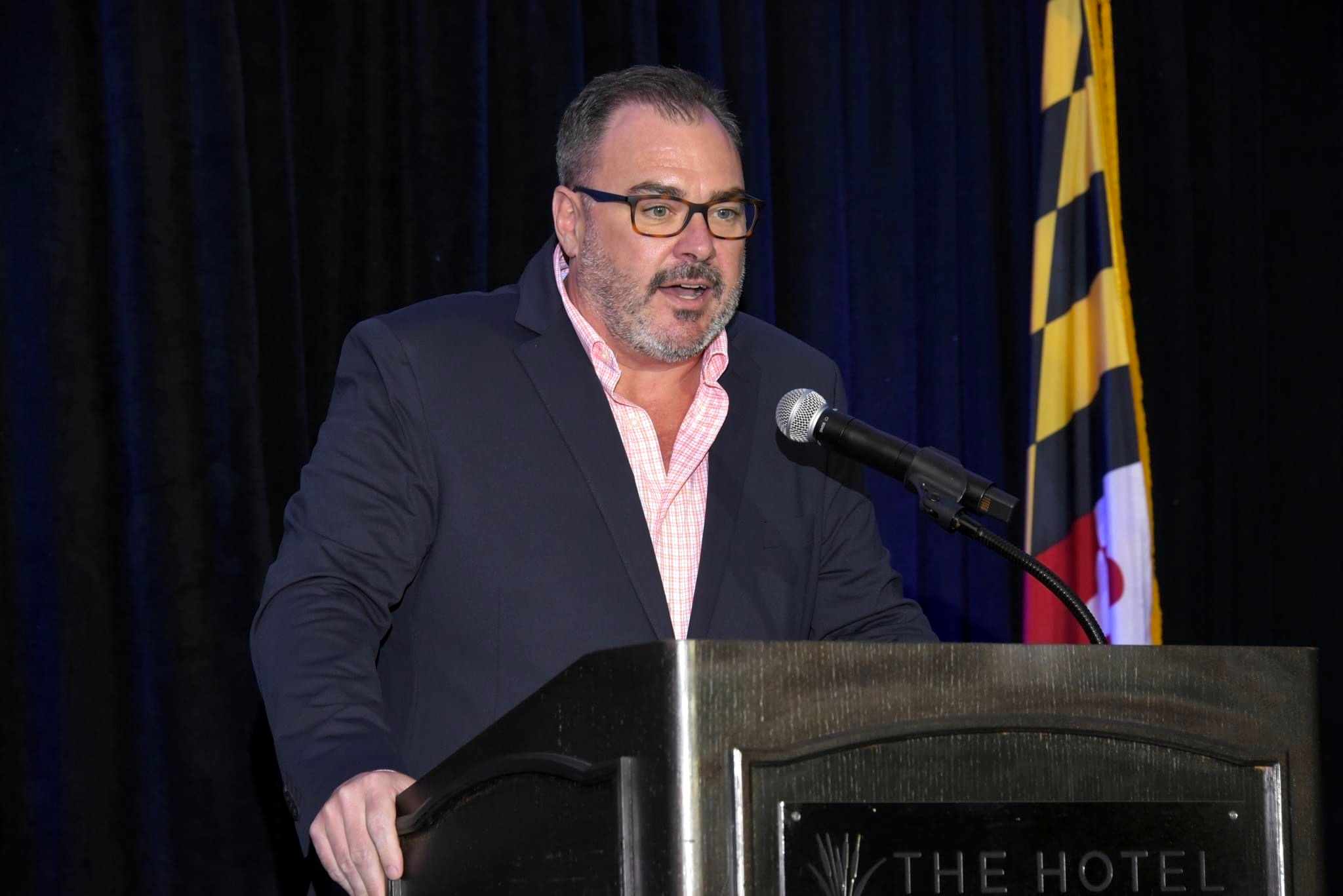Are critical elements of worker well-being being overlooked?
As the construction industry increasingly prioritizes safety, it is crucial to address a pressing and often overlooked issue: mental health and suicide prevention. Recent data from the CDC’s National Institute for Occupational Safety and Health (NIOSH) reveals alarming statistics: the suicide rate among construction workers stands at approximately 50.5 per 100,000, significantly higher than the national average of about 14 per 100,000. This means that construction workers face a suicide rate roughly 260.7% higher than that of the general population.
These figures raise urgent questions for business owners and industry leaders: Are critical elements of worker well-being being overlooked? What steps can be taken to cultivate a genuine commitment to improving mental health resources and support within the workforce?
The reasons behind these troubling statistics are complex, often stemming from the unique pressures faced by men in this traditionally male-dominated field. In construction, societal expectations can create a stigma around mental health, leading many to suppress their emotions and adopt a “tough guy” mentality. While this mindset may be perceived as a display of strength, it can prevent individuals from seeking the help they need, ultimately contributing to tragic outcomes.
Research from the Mental Health Foundation further highlights this issue, showing that 75% of those who die by suicide are men. In high-stress, physically demanding jobs like construction, this silence surrounding mental health can be deadly. Traditional notions of masculinity—where admitting vulnerability is equated with weakness—pose significant barriers to accessing essential support and resources.
What can be done to combat this urgent issue?
First and foremost, breaking down the stigma surrounding mental health within the construction industry is essential. Open conversations about mental well-being must be encouraged, normalizing the act of seeking help and promoting a culture where mental health is regarded with the same seriousness as physical safety.
Consider the knowledge that many have acquired regarding suicide prevention—recognizing warning signs, understanding risks, and implementing preventative strategies. Yet, how many have overlooked these techniques or struggled to implement them effectively?
Furthermore, it’s vital to acknowledge that employees, like owners, face their own challenges. Assuming that employees are immune to stressors is not only shortsighted but also counterproductive. When performance issues arise, engaging proactively with employees rather than reacting with frustration is crucial for fostering a supportive environment.
Training programs that focus on identifying the signs of suicide and preventing such tragedies in the workplace are invaluable. These courses equip leaders with the tools needed to address mental health issues effectively. However, the true value lies not just in completing these courses but in actively applying the knowledge gained.
Business owners and leaders possess the unique power to influence lives positively. By treating employees with respect and empathy and creating a culture that encourages open dialogue about mental health, significant changes can be made. When mental well-being is prioritized alongside physical safety, employees feel valued and supported.
Regrettably, there are cases where individuals attend training simply to fulfill a requirement without any genuine commitment to change. This approach fails to serve the industry and its workforce effectively. Knowledge without action is ineffective; possessing tools is meaningless if they are not put to use.
HELP IS AVAILABLE
988 Suicide and Crisis Lifeline

